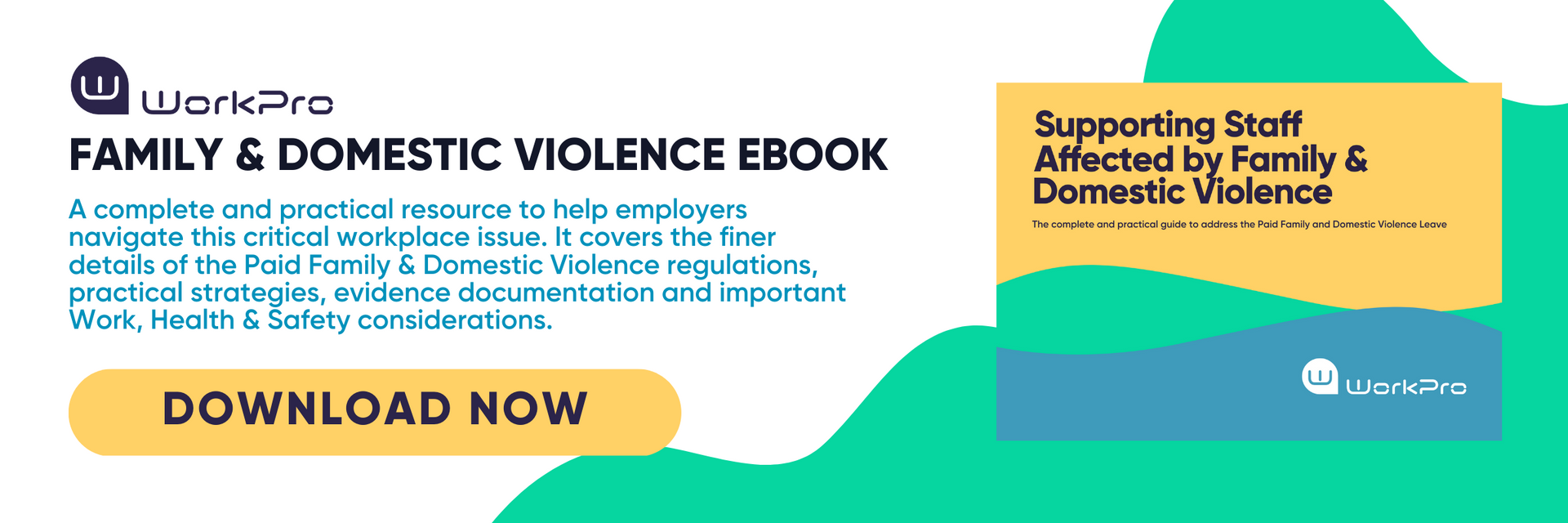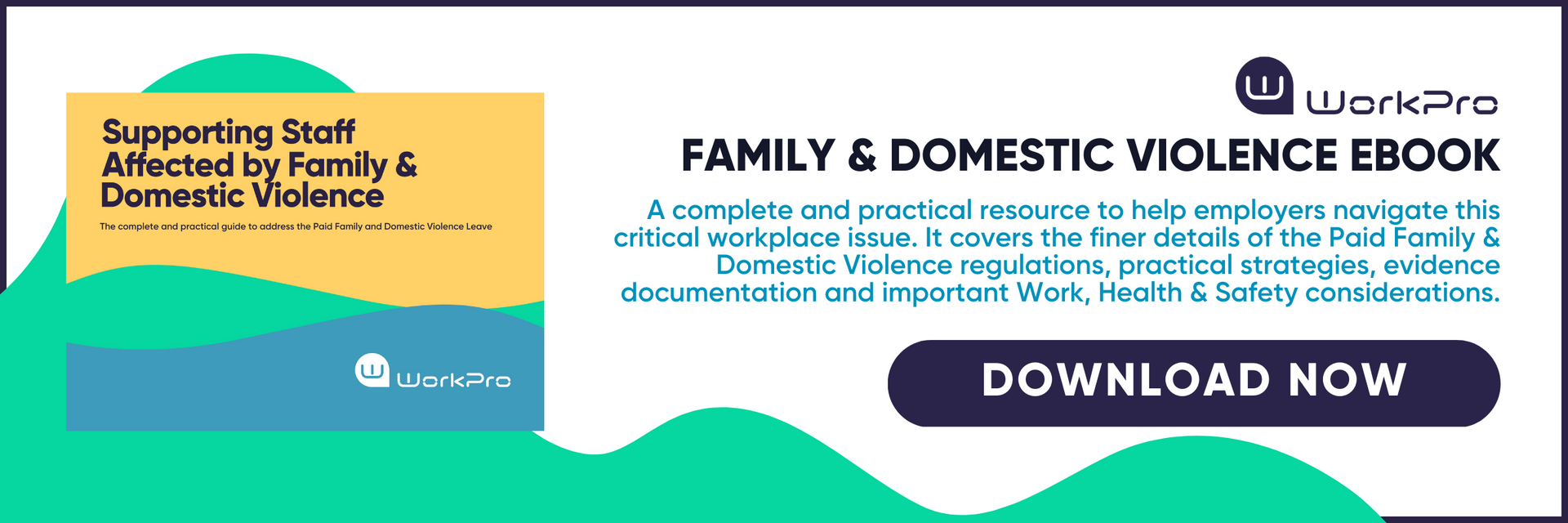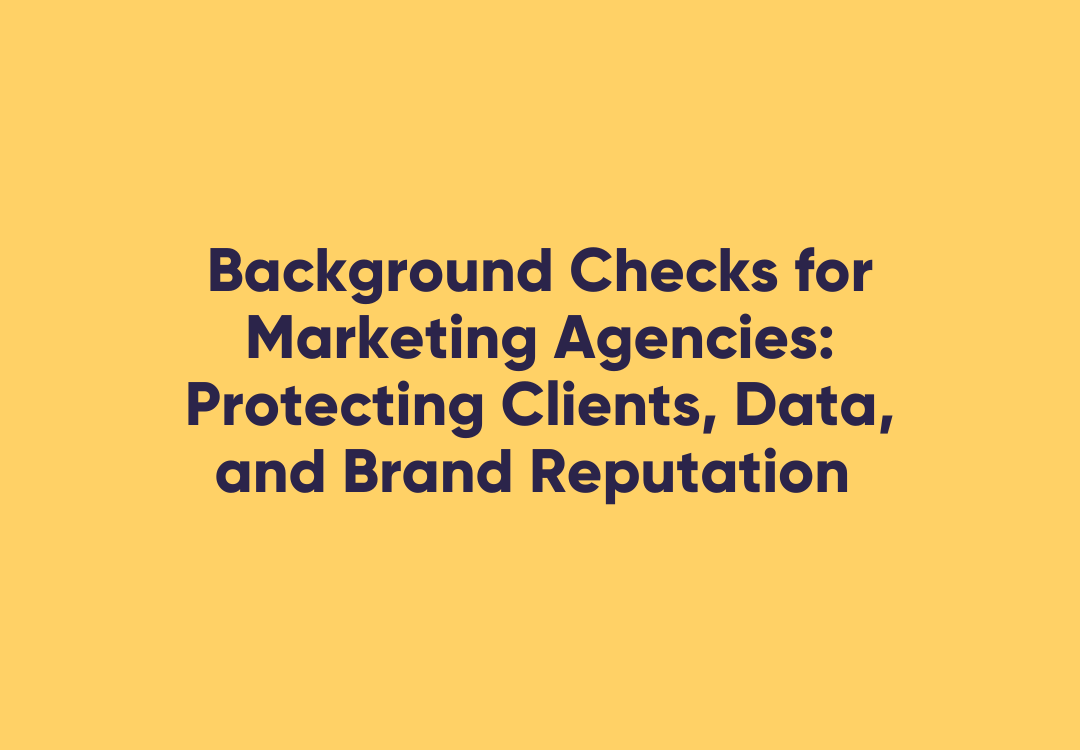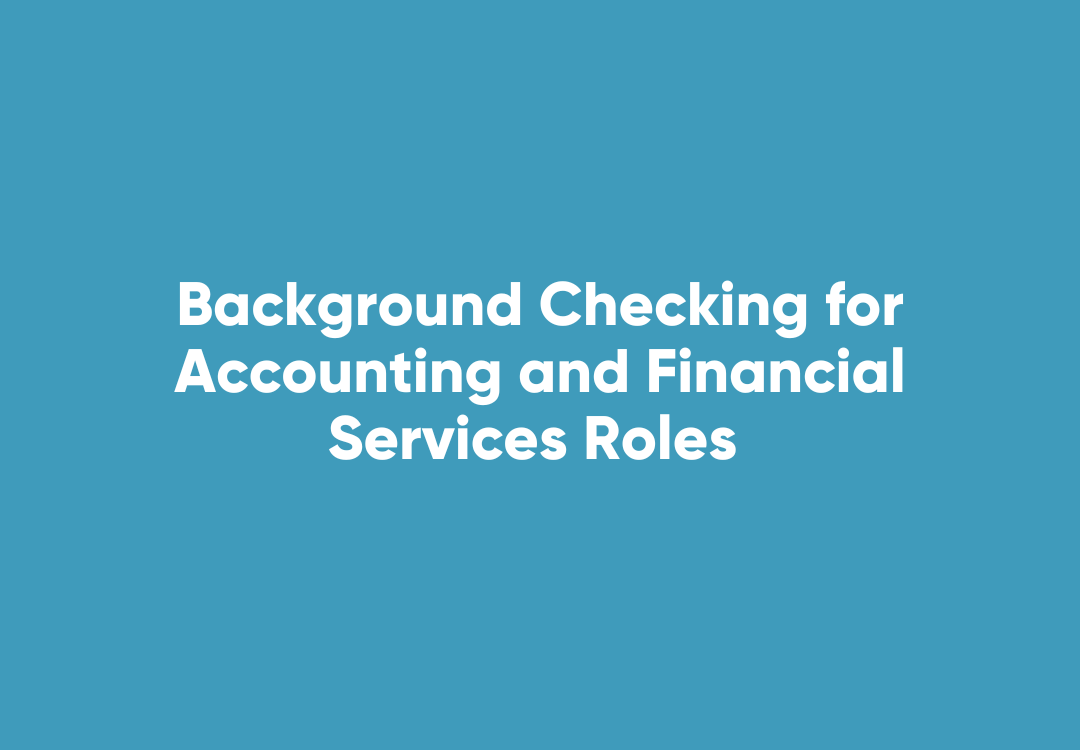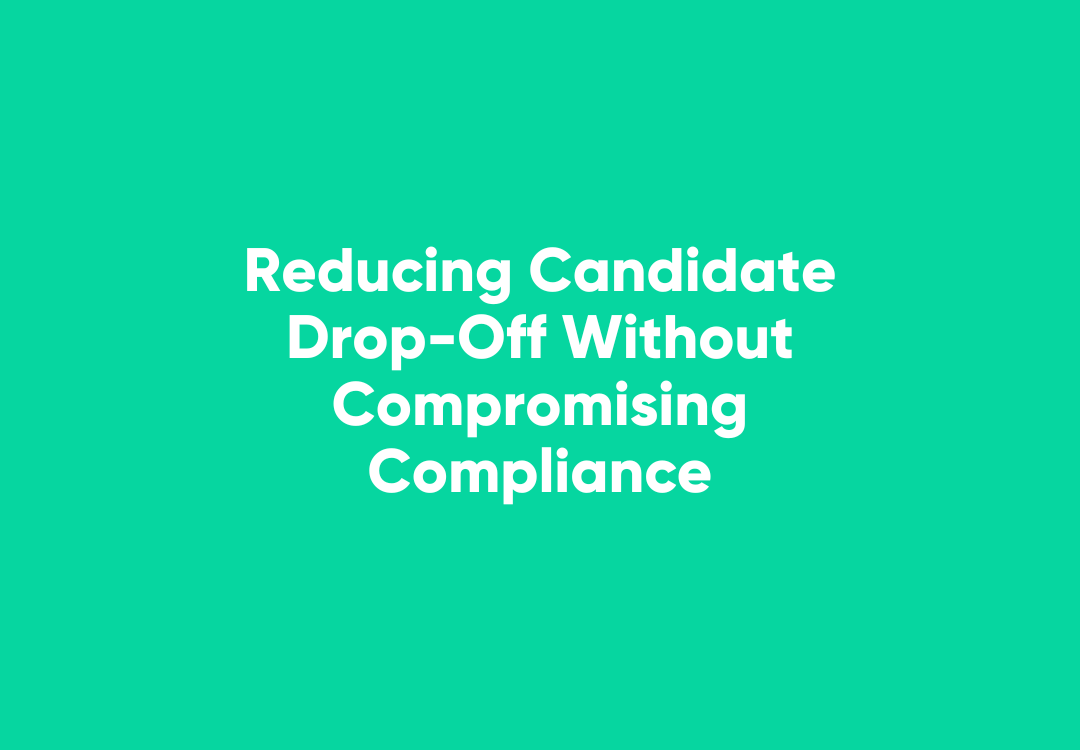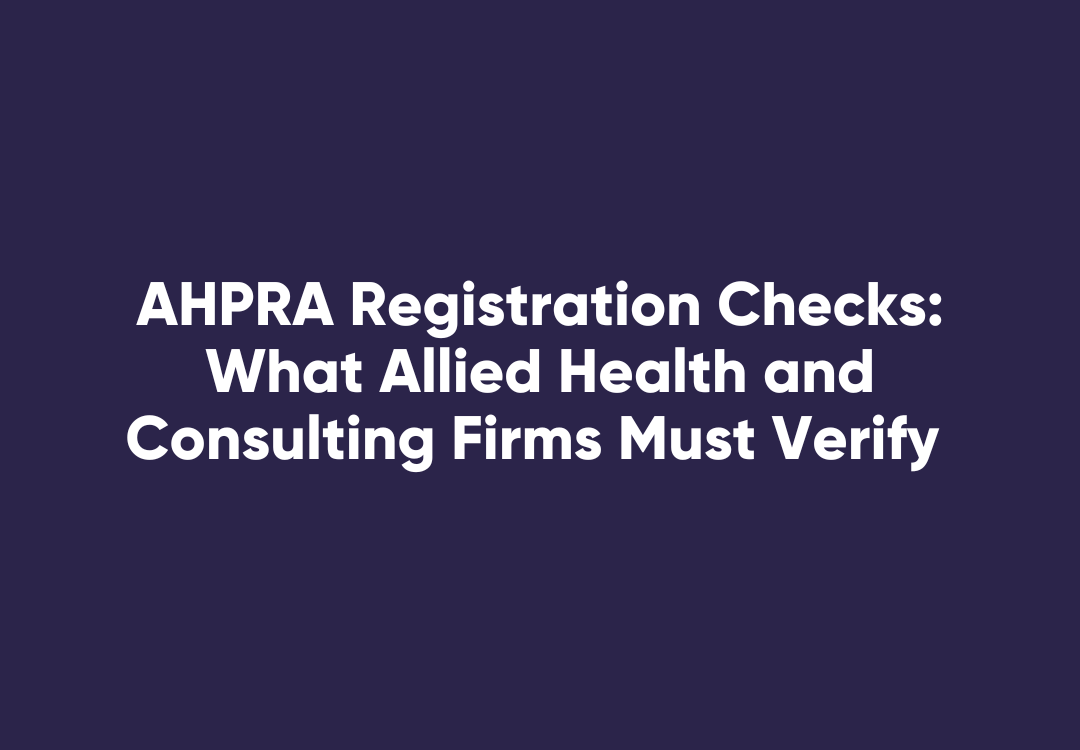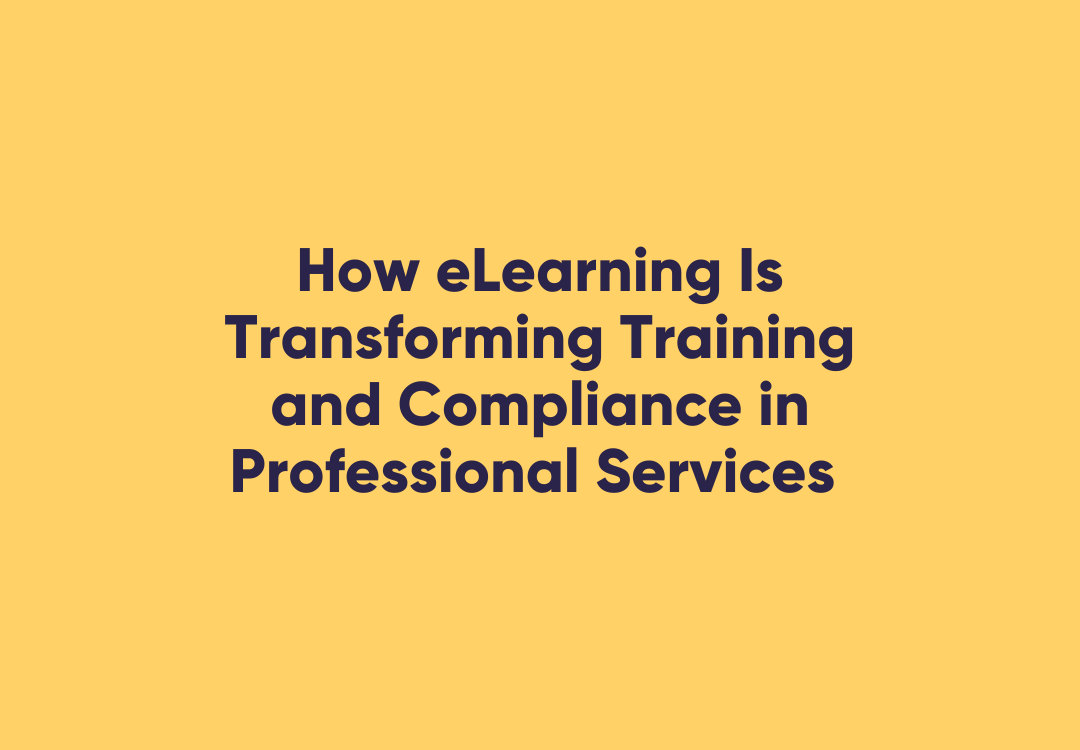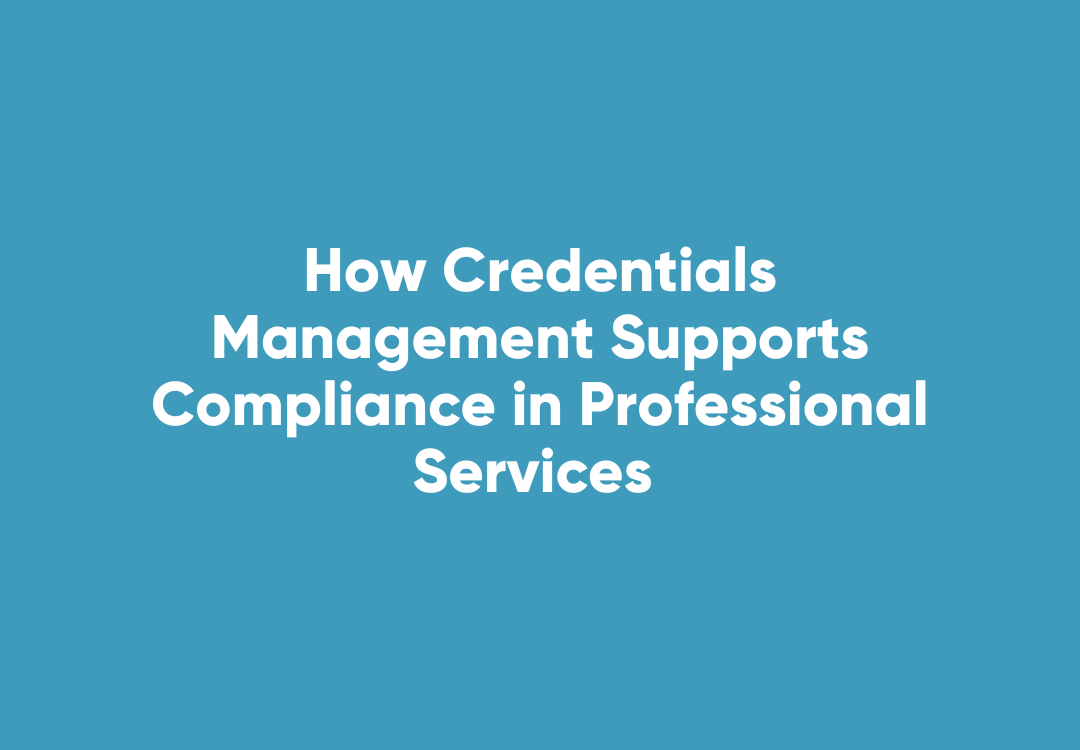Be Ready for the Adjusted Family & Domestic Violence Regulations
Adjusted regulations to Paid Family and Domestic Violence Leave will start to come in to effect on 1st February 2023. It’s crucial that employers understand the updates and implement appropriate policies and procedures and appreciate the challenges that a worker’s exposure to FDV can present for them and the broader workforce, and how to provide practical support.
A recent study conducted by Domestic Violence NSW and My Business revealed that one in two Australian small business owners suspect one of their employees is a victim of domestic violence. The study found that of the 400 small businesses surveyed nationally, 54.8% suspected, or observed that one of their workers was experiencing domestic or family violence. 31.4% of those small business owners said they did not feel adequately equipped as leaders to support a worker facing domestic abuse, or to manage the negative effects on the company.
Obviously, this is a very sensitive issue that requires employers to ensure they’re providing a safe and respectful workplace, provide information and support to staff, and flexibility for an employee who may be experiencing family domestic violence.
This is what you need to know about the updated regulations:
The Federal Parliament has introduced new legislation to ensure business continues to support victims/survivors. To that end, legislation has been introduced that increases the annual entitlement from 5 to 10 days paid FDV leave in the National Employment Standards for all employees, regardless of whether they are casual, part time, full time or contracted.
This leave will be available to all employees including casuals when they are rostered and will be available ‘upfront’ on commencement of employment. The leave will be payable at the rate that the employee would have earned had they not taken the leave (not the base rate) and is available where:
A. the employee is experiencing family and domestic violence; and
B. the employee needs to do something to deal with the impact of the family and domestic violence; and
C. it is impractical for the employee to do that thing outside the employee's hours of work.
D. The evidentiary requirement for the new form of paid FDV leave remains the same as the current unpaid FDV entitlement, that is:
Evidence that would satisfy a reasonable person that the leave is taken because the employee needs to do something to deal with the impact of the family and domestic violence and it is impractical for the employee to do that thing outside the employee's hours of work.
‘The 2011 National Domestic Violence and the Workplace Survey found that nearly half of respondents who reported experiencing family violence said the violence had affected their ability to get to work’ - Law Council of Australia
Assisting employees who may be experiencing family or domestic violence to remain in work and maintain their financial security is important as they may also be suffering financial abuse. This could result in victims feeling that they are unable to take time off work in order to leave an abusive relationship out of fear of losing their job. Employers need to know how to recognise the signs of this abuse and have steps in place to assist those who may be effected by this issue.
The operative date for this new form of leave is 1 February 2023 for businesses over 15 employees and 1 August 2023 for small businesses. This followed a decision in May 2022 where the Fair Work Commission agreed to amend all Modern Awards to include a minimum entitlement to 10 days paid FDV leave. The introduction of the NES entitlement will mean that those proposed changes to modern awards are now not necessary.


